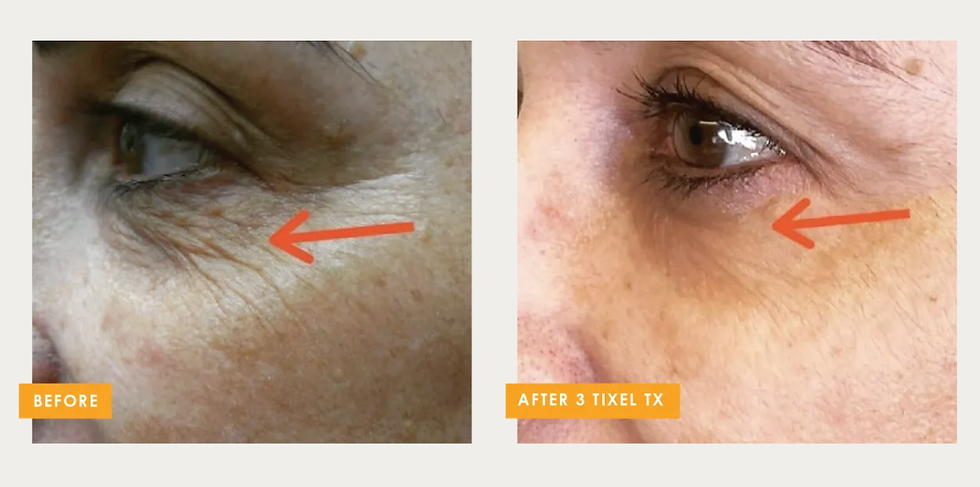What Is Glaucoma?
- Envision Optometry
- Apr 10, 2019
- 2 min read
Updated: May 1, 2019
Many people get glaucoma and cataracts confused (see our last post on cataracts). A cataract is not an eye disease, whereas glaucoma is. Glaucoma affects the optic nerve inside the eye and is one of the leading causes of blindness in people over age 60.
What causes it?
The eye normally produces a fluid called the aqueous humor. This fluid is drained out of the eye at the same rate as its production in order to maintain normal eye or intraocular pressure. In glaucoma, this drainage system does not function properly and causes a buildup of fluid and increased pressure. Eye pressure that is too high damages the optic nerve, which is what sends light signals from your eye to your brain and allows you to see.
What are the symptoms?
Glaucoma tends to be a very slow progressing disease. In most cases there are no symptoms in the early stages. In later stages, peripheral vision is decreased and blindness can occur.
For certain types of glaucoma, in particular those of acute onset, some symptoms are:
-Blurry vision
-Eye pain
-Headache
-Nausea and vomiting
-Halos around lights
What are the risk factors?
-Older age (>40)
-Parents, grandparents, and/or siblings with glaucoma
-Elevated eye pressure
-Ocular trauma
-African or Hispanic descent
-Thin corneas
-Diabetes
-Hypertension
-Migraines
-Certain medications such as corticosteroids
How do you treat it?
The goal of glaucoma treatment is to lower the eye pressure. This is typically done with an eye drop that is taken every day, and in some cases 2-3 additional drops may be needed. Surgery may also be necessary to help lower the eye pressure.
What do I need to do?
Patients suspected of having glaucoma need an evaluation by an ophthalmologist and a panel of baseline testing needs to be conducted. Testing includes a visual field test that measures peripheral vision, photos and scans measuring the size of the optic nerve tissue, and corneal thickness measurements. A gonioscopy lens is also used to check if the drainage system of the eye is intact.

Eye doctors are trained to identify signs of glaucoma, and if detected and treated early, no symptoms may ever be experienced and blindness can be prevented. Thus, it is of utmost importance to get a comprehensive eye exam regularly. With early detection and intervention, blindness from glaucoma can be prevented.




Comments